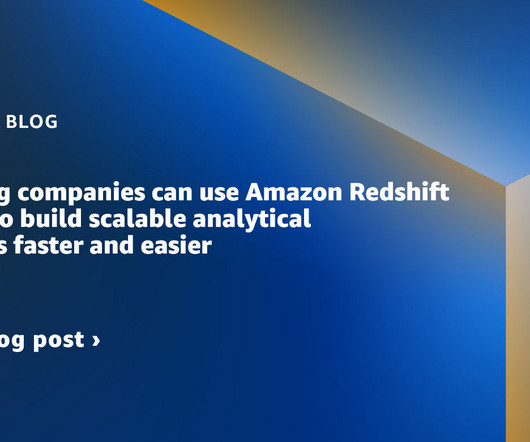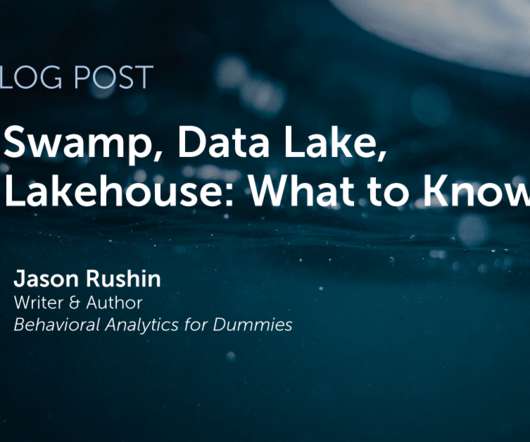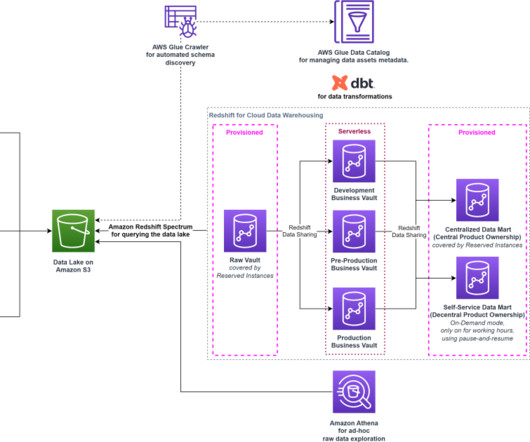The Missing Link in Enterprise Data Governance: Metadata
Octopai
JUNE 26, 2020
Steve, the Head of Business Intelligence at a leading insurance company, pushed back in his office chair and stood up, waving his fists at the screen. We’re dealing with data day in and day out, but if isn’t accurate then it’s all for nothing!” Enterprise data governance. Metadata in data governance.



















Let's personalize your content